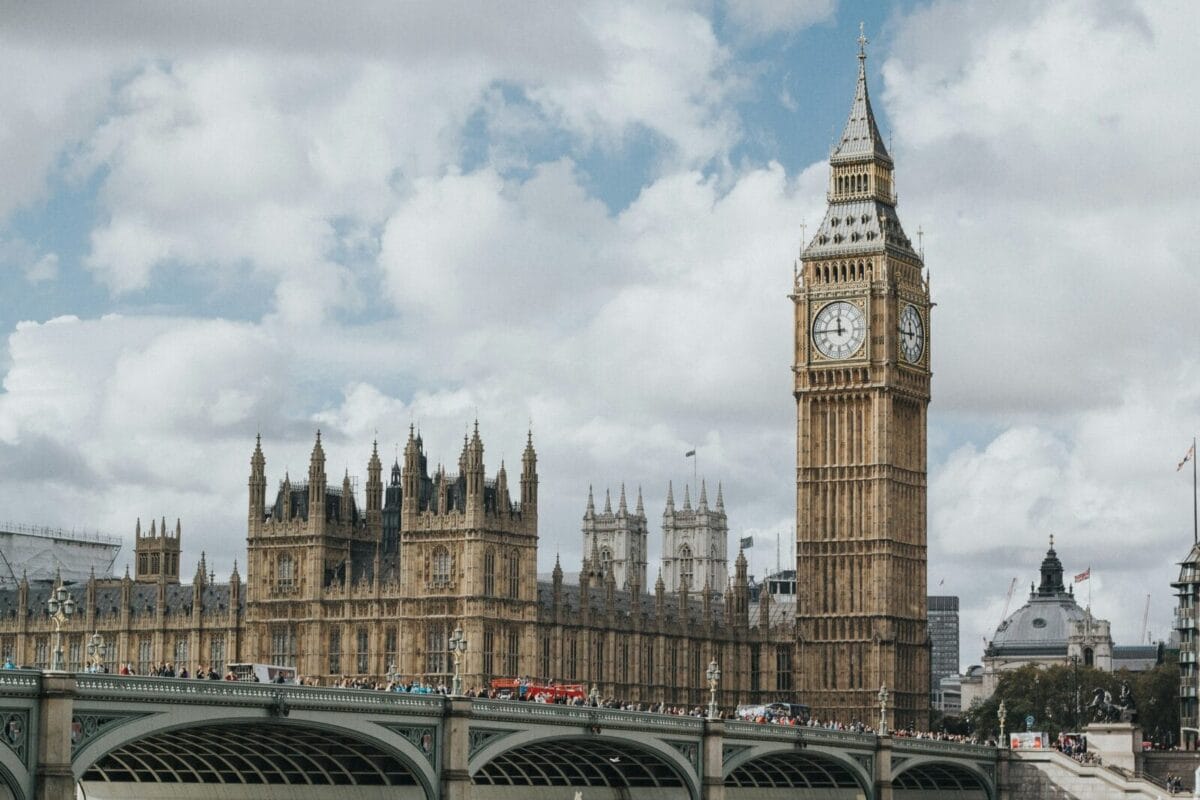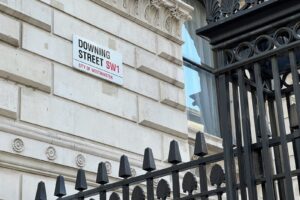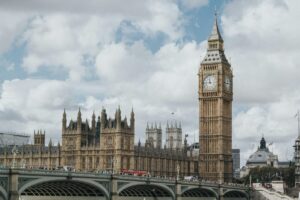By Tomasz Wieladek, chief European economist at T. Rowe Price
The surprise decline in UK consumer confidence and retail sales shows demand in the real economy is weakening quicker than expected.
UK consumer confidence deteriorated in October, falling from -21 points in September to -30 in October. This was the largest decline in three years. In addition, the significant slide in retail sales of 0.9% month-on-month in September – equating to a 1% year-on-year fall – highlights how the UK consumer is now under significant strain.
This has important implications for the Bank of England, as these are clear signs UK consumer demand is rapidly weakening and likely sliding into recession territory. Monetary policy is now clearly working, but according to Bank of England estimates, only a quarter of the hikes are being felt thus far. Although wage growth remains strong and CPI inflation sticky, I believe the weak data supports the idea that August was the last hike for the Bank of England. The next Bank of England move will likely be a cut, and it will happen much earlier than markets expect – namely in the first half of 2024.
Household finances under pressure
Consumer confidence had consistently improved in the last couple of months, and fundamental factors since September’s release suggested further improvement. Real wage growth turned positive in August, meaning wages are now rising at a faster rate than inflation. Inflation eased in August, giving consumers hope the cost-of-living crisis was beginning to abate. In addition, the Bank of England did not hike in September, and its communication suggested rates will likely not rise further.
However, several factors continue to put sharp pressure on consumer finances. While wages are now rising above the rate of inflation, consumers lost significant purchasing power during the past 18 months, as inflation was persistently higher than wage growth. Furthermore, an increasing number of residential mortgages will need to be refinanced at much higher rates, reducing household disposable incomes and hitting consumer confidence.
The cold weather and an uptick in gas prices will elevate worries about the potential for more inflation going forward. In addition, the recent rise in geopolitical risk due to conflict in the Middle East will renew concerns about higher oil prices, leading consumers to be more cautious with spending.
It seems clear that the existing pressures, coupled with the potential for higher oil prices, have tipped consumers over the edge. The drags on consumer confidence more than offset the positive news since the last release and sentiment will likely remain weak going forward. If gas and energy prices rise significantly, expectations of future inflation will rebound, and consumers will cut back spending in anticipation of higher energy expenditure. Overall, the outlook for the UK consumer remains weak.















